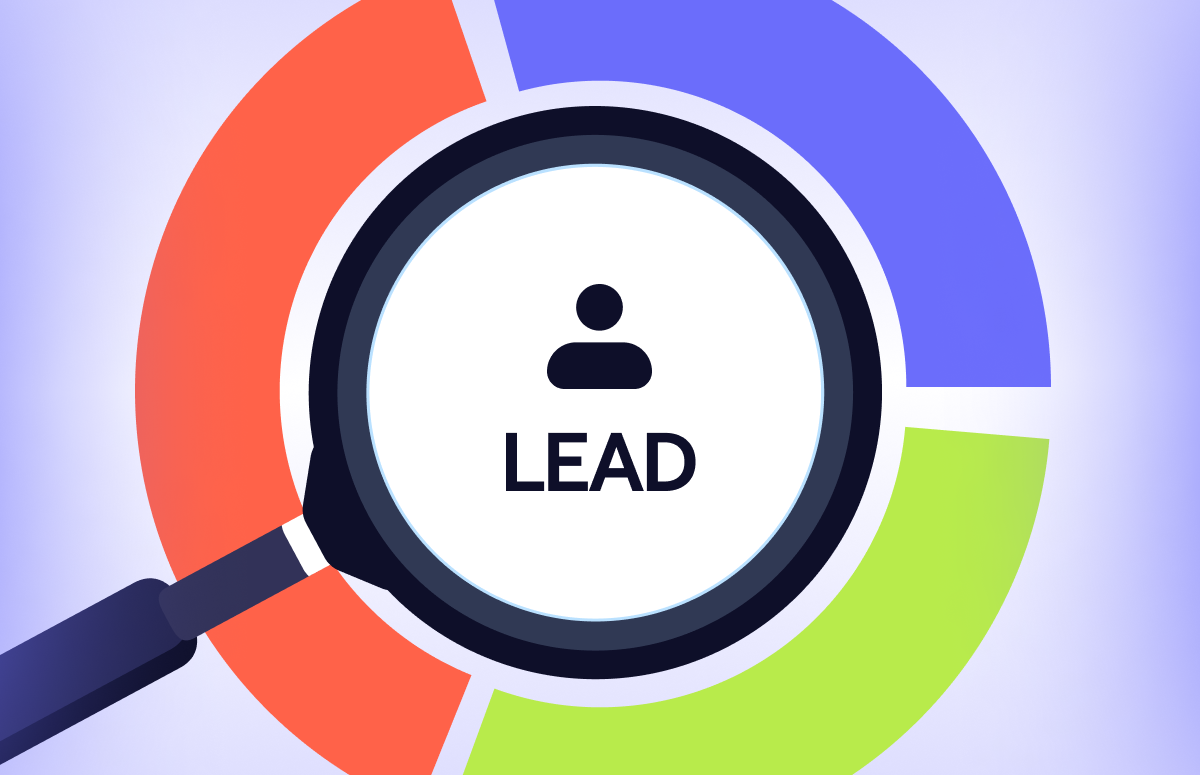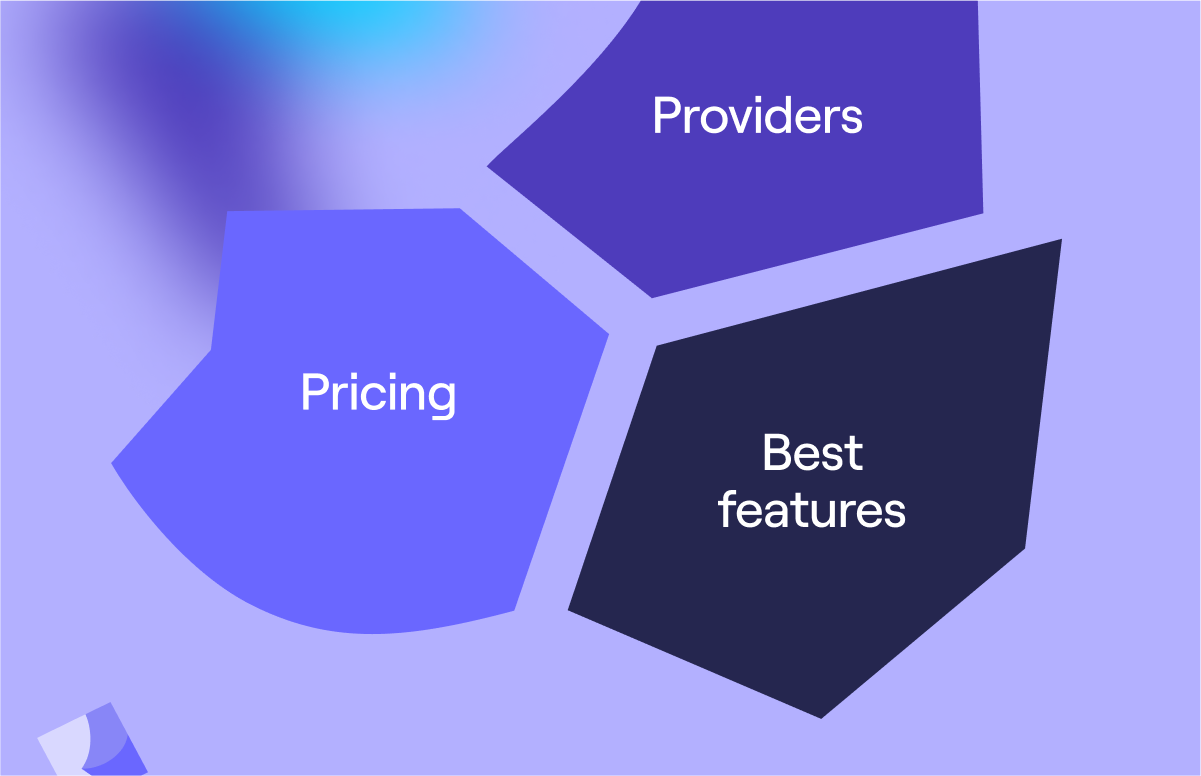What is Sales Acceleration? Strategies for Rapid Growth
Want to take your sales game to the next level?
It’s time to explore sales acceleration strategies!
This cutting-edge approach speeds up your sales cycle, enhances conversion rates, and significantly boosts revenue.
In today’s competitive market, staying a step ahead is crucial, and sales acceleration gives you an edge. Streamlining aspects of your sales process will help you achieve quicker, more reliable results.
Sales acceleration isn’t about working harder or increasing the number of calls you make. It’s about working smarter and applying proven strategies.
What’s on this page?
- A clear definition of sales acceleration.
- A comparison of traditional and accelerated sales processes.
- The advantages of a comprehensive sales acceleration strategy.
- A list of the top sales acceleration strategies.
- A summary of sales acceleration software categories.
- How Cognism can accelerate your sales.
Scroll 👇 or use the menu to jump to a section.
Sales acceleration: a simple definition
Sales acceleration refers to the speeding up of the sales process, thereby allowing sales teams to win more deals in less time. It involves several different disciplines, from outbound sales to the adoption and implementation of sales tech.
In recent years, an entire software category has emerged around sales acceleration. There are tools out there that aim to speed up conversions at every stage of the sales cycle. They do this by delivering better buyer interactions.
Comparison: traditional sales vs accelerated sales
Traditional sales: "the old way"
Understanding the traditional sales process is the key to mastering sales acceleration.
Despite new technologies and changing customer habits, this proven process still stands. It involves:
Prospecting
Finding potential leads through methods like networking, cold calling, or using lead generation tools. It’s a crucial foundation for the sales process.
Qualification
At this stage, sales teams evaluate leads to determine if they’re a good fit.
This is an essential part of sales acceleration - ensuring focus on the most promising prospects.
Presentation
Sales representatives build relationships with qualified leads, demonstrating how their products or services can meet the prospect’s needs.
Successful presentations are vital for advancing in the sales process.
Closing
This is the stage salespeople dream of - closing deals!
Prospects receive pricing options and quotes, leading to a final decision. It’s a pivotal moment, turning prospects into customers.
While this traditional approach has stood the test of time, it’s just the starting point for today’s sales acceleration strategies.
Accelerated sales: "the new way"
Sales acceleration is revolutionising how organisations approach B2B sales. It’s a powerful method that uses technology to streamline the process.
The end result?
It helps organisations convert prospects into customers faster and achieve sales goals in less time.
Sales teams now use a range of advanced tools, from prospecting software to lead generation platforms. They collate data on potential customers, analysing their demographics, habits, and interests.
This targeted approach ensures that sales efforts concentrate on leads with a higher likelihood of conversion. Using these tools alongside a Customer Relationship Management (CRM) system makes the entire process even more effective.
But sales acceleration goes beyond finding and managing leads. It includes many activities facilitated by technology, such as conversation intelligence, digital sales rooms and email tracking.
The benefits of sales acceleration
- Increased productivity and sales velocity: Automating manual tasks allows sales reps to spend more time with customers, boosting productivity, happiness, and revenue.
- Better insights: A data-driven approach enables a more targeted sales strategy. This approach helps reps do more of what works and less of what doesn’t.
- Faster sales cycles: Sales acceleration tools streamline the entire sales process. From initial contact to closing deals, each step is optimised for speed and efficiency, reducing the time it takes to convert prospects into customers.
8 strategies for accelerating sales
Finding effective ways to accelerate sales is crucial - every second counts!
Implementing strategic initiatives can significantly enhance your team’s efficiency and effectiveness.
Let’s look at the essential strategies to build a culture of productivity and success. 👇
1. Optimise lead qualification processes
Identifying and focusing on leads with the highest potential can significantly speed up the sales cycle.
By using clear lead qualification criteria, sales teams can prioritise the prospects most likely to convert. This ensures you use your time and resources effectively!
2. Use scenario-based learning
Complex sales scenarios are a common problem for sales teams.
Scenario-based training helps reps develop critical thinking and adaptability. This approach prepares them for real-world challenges, leading to fast problem-solving and sales cycles.
3. Adopt value-based selling
Shift the focus from product features to the value your solution brings to the customer.
Training sales teams to articulate your product’s benefits and ROI helps align your solution with the customer’s business goals, accelerating decision-making.
4. Engage through social media
Encourage your sales team to use social networks to engage with prospects, build relationships, and generate leads.
Social selling leverages the vast networking capabilities of platforms like LinkedIn to reach potential customers, providing a more direct and personal way to engage and qualify leads.
5. Enhance sales communication
Develop clear, concise, and compelling messaging for your sales communications.
Whether it’s email templates, proposal formats, or presentation decks, consistent communication reduces misunderstandings - and shortens the sales cycle.
6. Promote collaborative selling
Encourage collaboration among sales team members and between marketing, product development, and customer service.
Sharing insights and strategies across the team can lead to more cohesive efforts and innovative approaches to closing deals faster.
7. Leverage customer success stories
Use testimonials, case studies, and customer reviews in your sales process. Sharing real success stories can build trust and credibility with prospects.
This helps to overcome objections and accelerate sales deals.
8. Streamline with continuous improvement
Regularly review and analyse your sales process for bottlenecks or inefficiencies.
Adopting a continuous improvement culture helps identify areas for optimisation, enabling your team to become more agile and responsive to customer needs.
Sales acceleration software categories
Technology is vital to sales acceleration. It can assist all areas of the business beyond sales, from marketing to CS to RevOps.
Here are the must-have sales acceleration software categories:
- Conversation intelligence – Records, transcribes, and analyses cold calls.
- Digital sales room – Saves all digital interactions with your prospects to the cloud.
- Email tracking – Collects email analytics such as open rates and clickthrough rates.
- Lead matching – Matches new leads to existing accounts in your CRM, then assigns them to the right salespeople.
- Call tracking – Speeds up outbound phone calls through the use of tools such as auto-diallers.
- Presales – Boosts engagement at the top of the funnel.
- Sales coaching – Upskills your salespeople, helping them to focus on the right areas for improvement.
- Sales enablement – Collates all your sales and marketing content in one place so your team can refer to it and use it to help them sell.
- Sales engagement – Integrates your sales channels to streamline the customer journey.
- Document generation – Produces branded documents, including proposals, decks, pricing slides, and contracts.
- Performance management – Tracks your reps’ results throughout your sales cycle so you can pinpoint improvement areas.
- Training and onboarding – Delivers bespoke coaching materials to your reps, meaning they can ramp up quickly.
⚠️ See our list of the best sales acceleration tools.
How Cognism accelerates sales
Now for something a little different!
Here are three examples of how Cognism can be used for sales acceleration, drawn from our customer case studies:
Access to high-quality, compliant data
Scenario:
A SaaS company wants to target decision-makers in the European financial sector.
How Cognism helps:
- The sales team uses Cognism to pull a filtered list of CFOs and finance directors from companies within specific industries and revenue brackets.
- Cognism ensures the data is GDPR-compliant, minimising legal risks while enabling outreach.
- The team leverages verified contact details (emails, direct phone numbers) to schedule discovery calls with top prospects.
Result:
The team books 30% more qualified meetings in a month compared to using their previous data provider.
Intent and behavioural insights
Scenario:
A cybersecurity company wants to prioritise leads showing active interest in its solutions.
How Cognism helps:
- The platform identifies prospects who are actively searching for similar solutions.
- The company’s sales reps receive notifications about high-intent leads, prioritising outreach to those individuals.
- They tailor their messaging to align with the prospect’s interests (e.g., highlighting the benefits of data protection tools).
Result:
The team converts warm leads 50% faster than cold leads, improving sales velocity and closing larger deals.
Easy, real-time prospecting with the Browser Extension
Scenario:
A B2B SaaS company attends a trade show and wants to follow up with the leads they meet.
How Cognism helps:
- The sales reps use Cognism’s Browser Extension to browse attendees’ LinkedIn profiles.
- The extension instantly provides enriched data about the attendees, such as verified contact details, company size, revenue, and industry.
- Reps can export the data directly to their CRM and initiate tailored follow-up campaigns immediately after the event.
Result:
Post-event follow-up emails see a 20% higher open rate due to personalisation, and the team books 25% more meetings with decision-makers who attended the trade show.
Sales acceleration FAQs
What is the sales acceleration process?
Sales acceleration refers to strategies and tools designed to speed up the sales cycle, leading to faster revenue generation.
This process involves optimising each step of the sales journey, from initial contact to closing deals. By leveraging data analysis, advanced technology, and practical training, companies can identify areas for improvement and implement solutions that streamline sales operations.
What is a sales acceleration company?
A sales acceleration company specialises in providing solutions that help businesses increase the efficiency and effectiveness of their sales processes.
These companies offer a range of services, including sales training, technology implementation, data analysis, and strategic planning.
Their goal is to help businesses shorten sales cycles, improve conversion rates, and ultimately boost revenue growth.
How do you accelerate sales?
Accelerating sales involves a multifaceted approach.
Key strategies include:
- Implementing sales enablement tools: Utilise CRM systems, automation tools, and AI-driven analytics to enhance sales team performance.
- Refining sales processes: Streamline processes to reduce time wastage and improve customer engagement.
- Training and development: Regularly train sales teams in the latest techniques and industry trends.
- Data-driven decision-making: Use data analytics to inform strategies and tailor sales approaches to target markets.
- Enhancing customer experience: Focus on providing value and building relationships to encourage repeat business and referrals.
- Sign up for a Cognism demo! Our data can help you connect with more decision-makers and close deals faster.
![Lead Generation Companies & Services [+How to Choose]](https://www.cognism.com/hubfs/Updated-resource-card-2.png)

